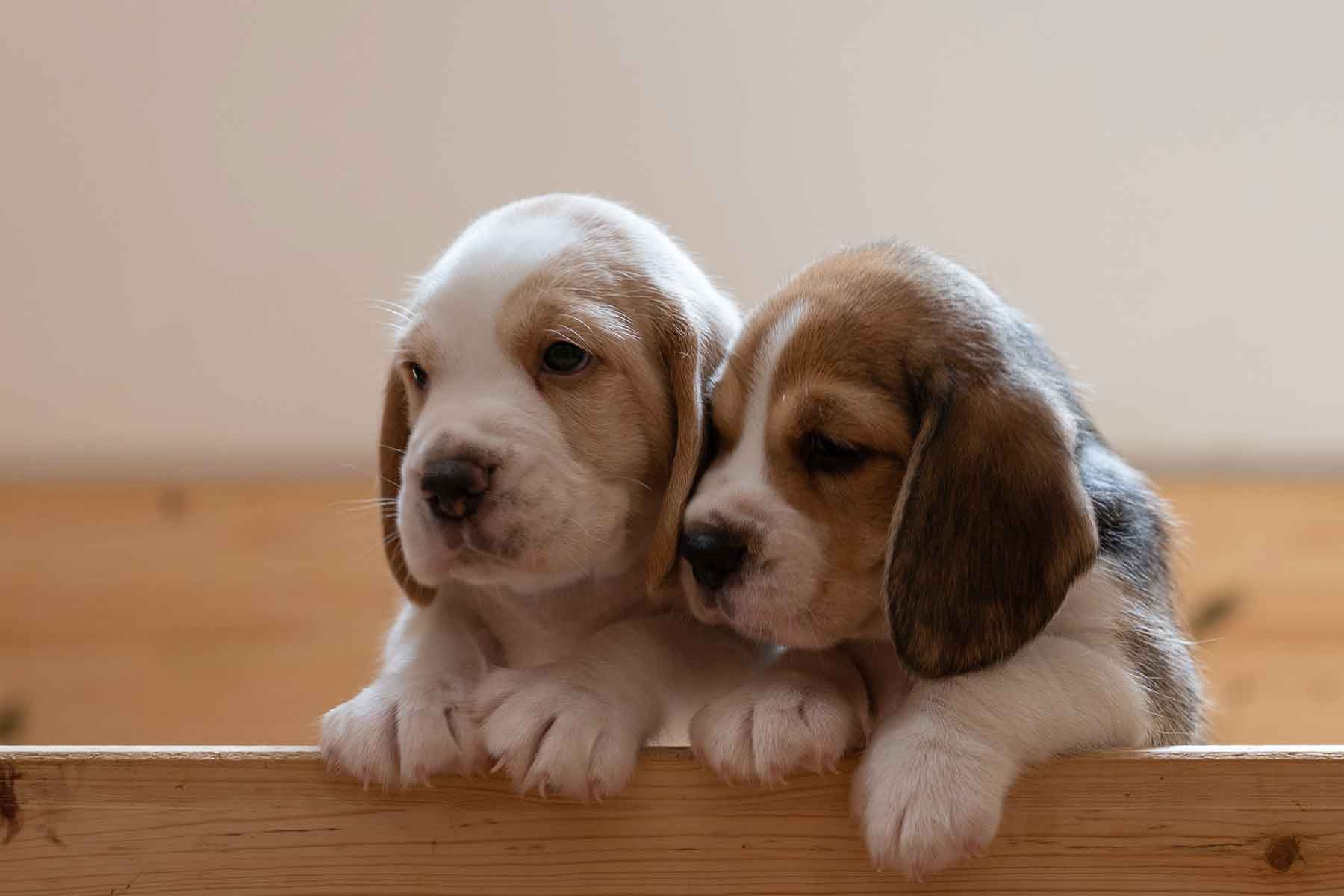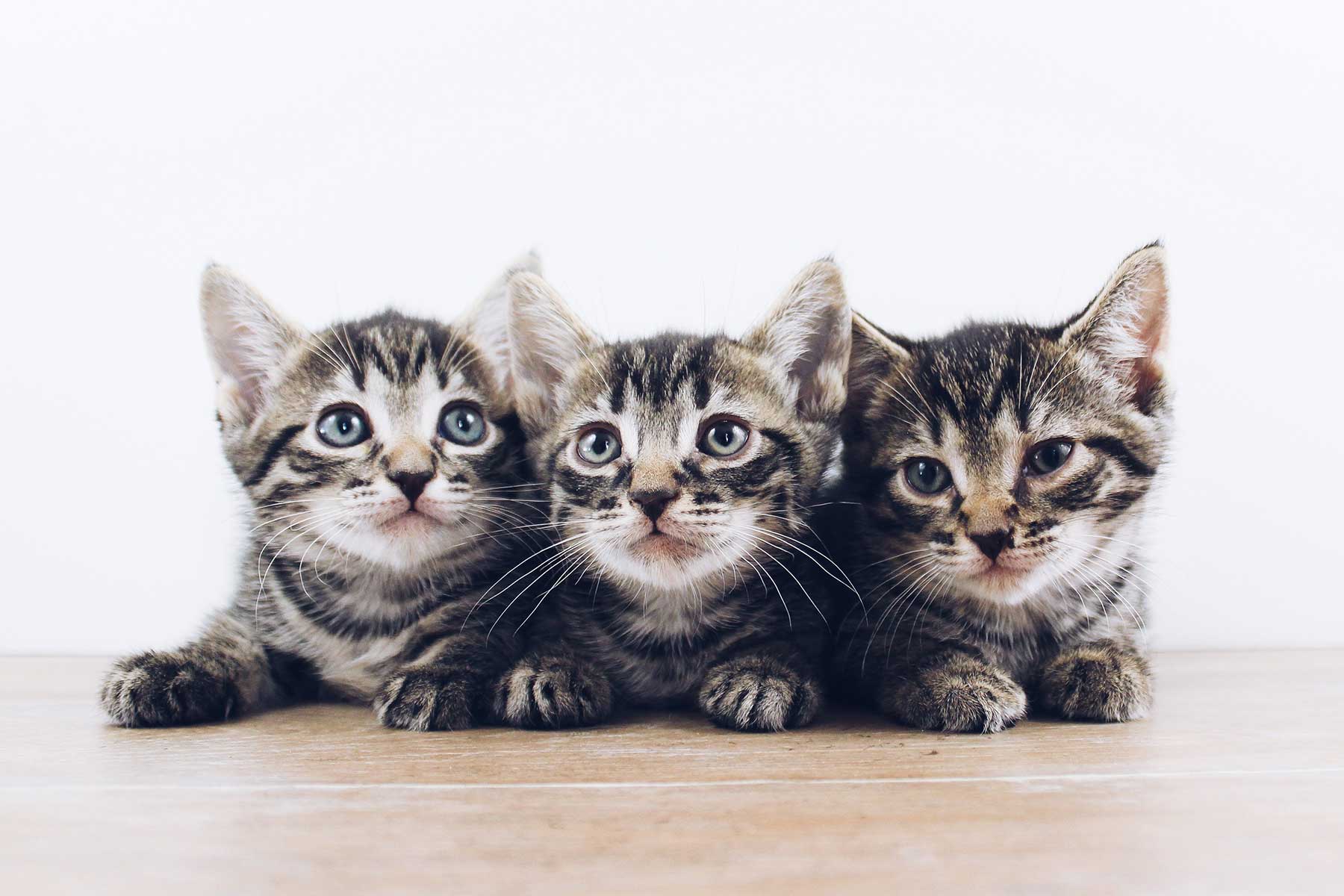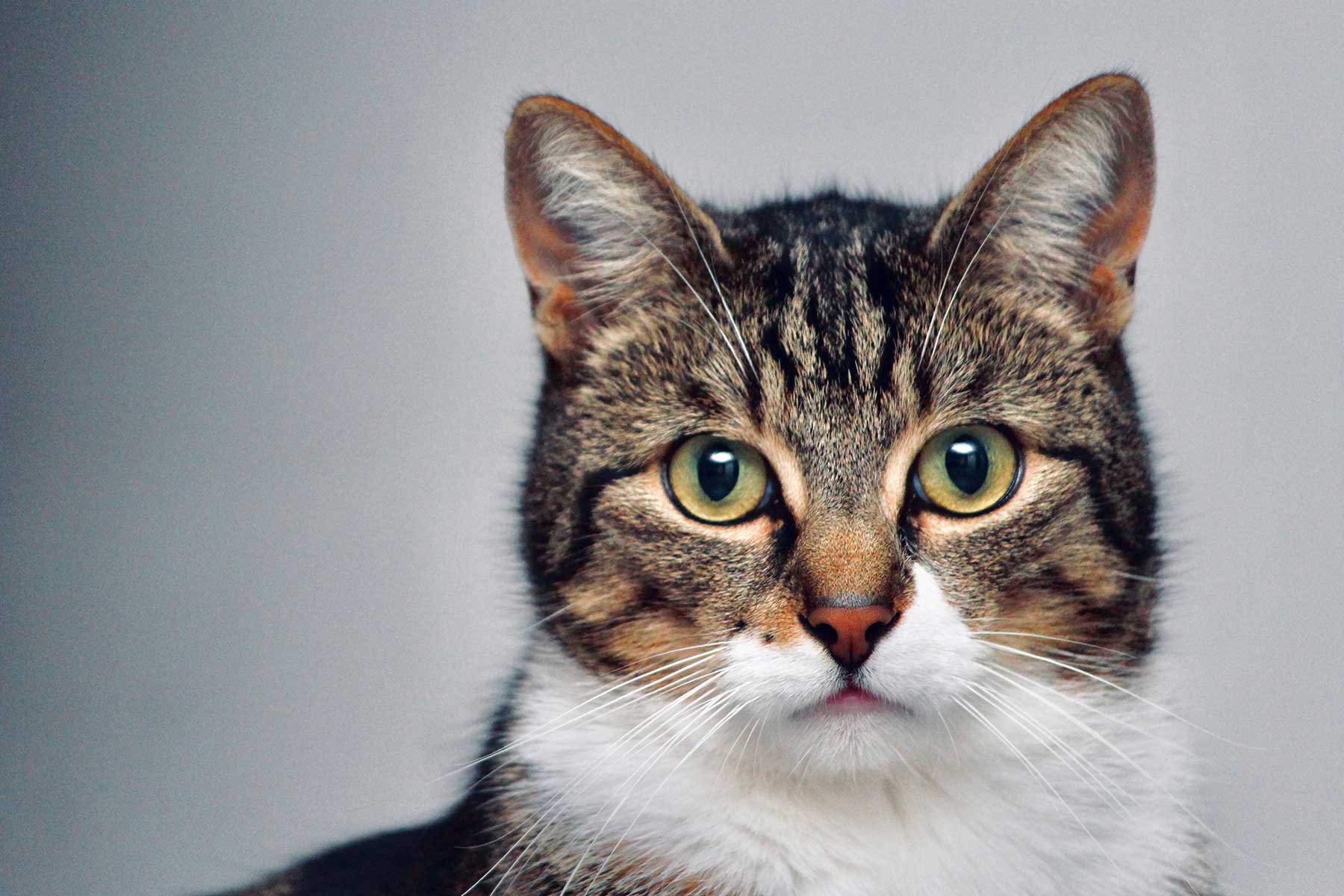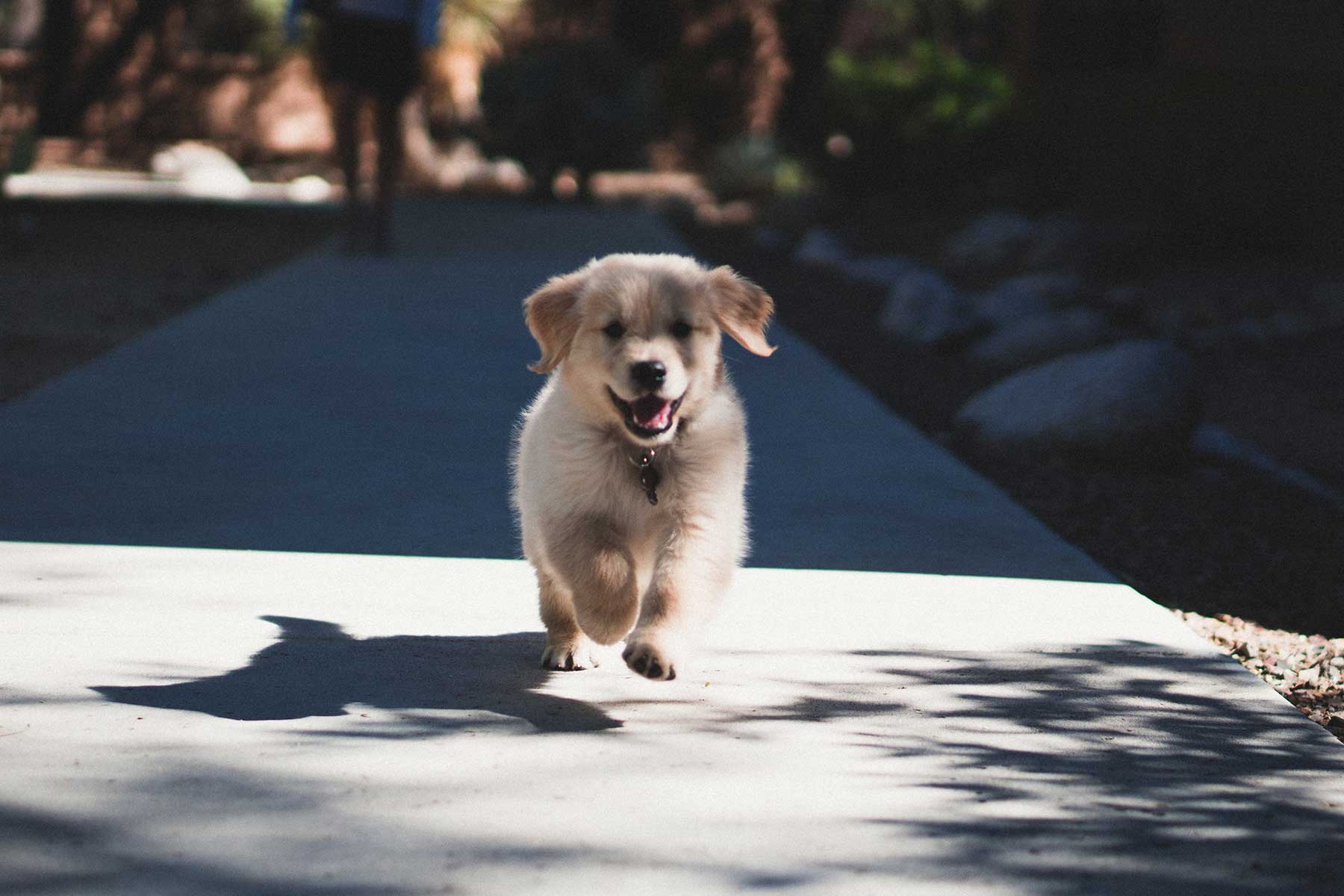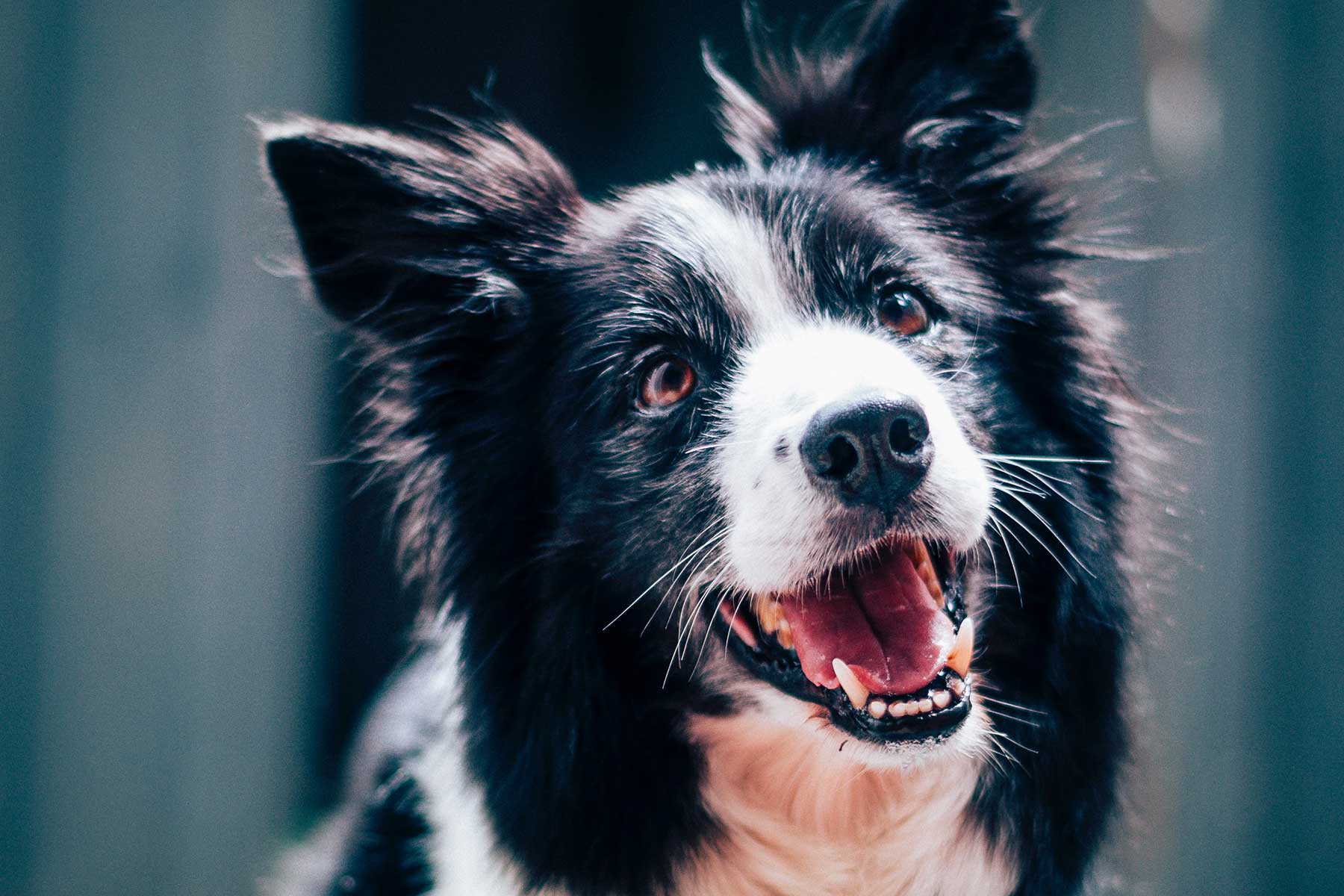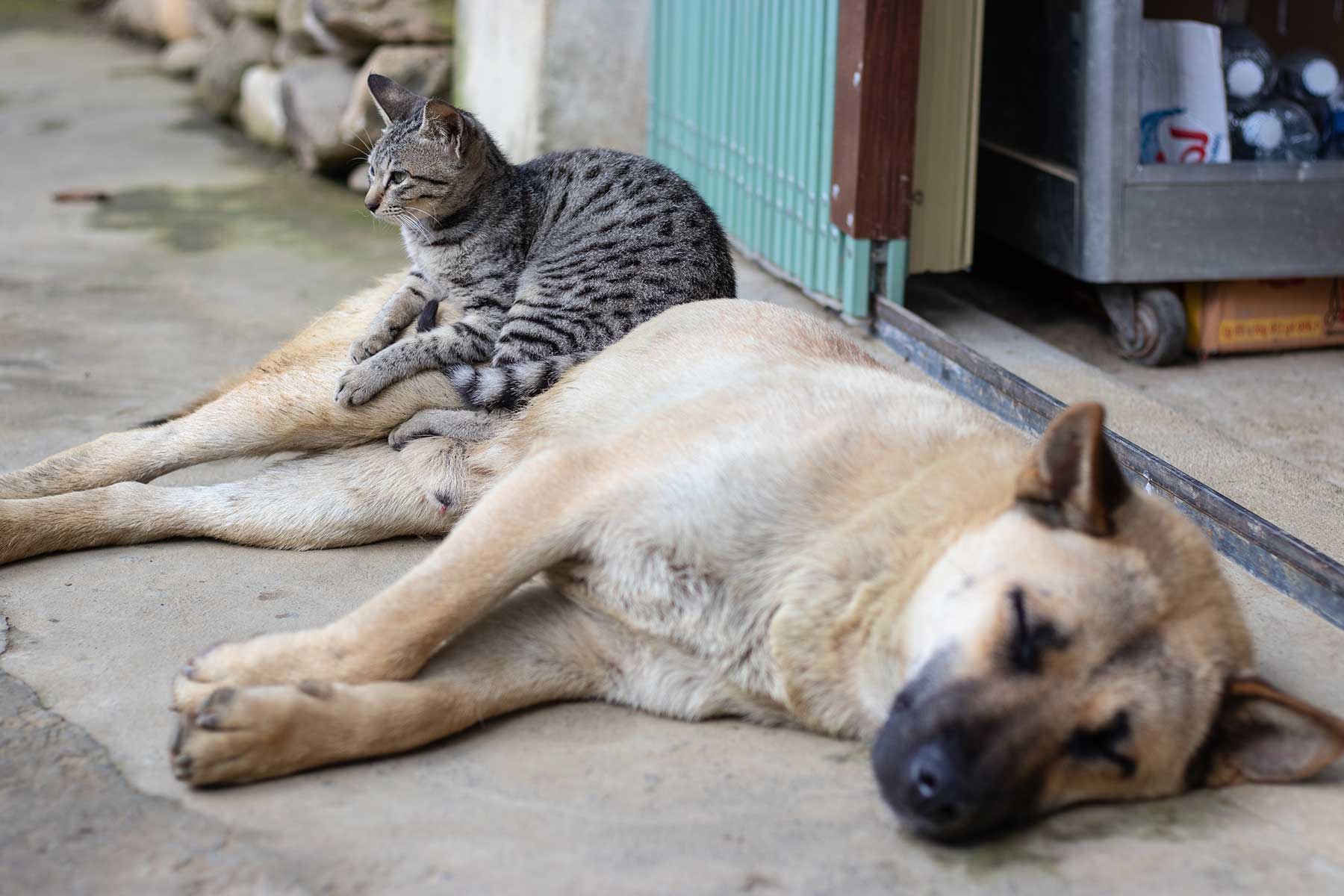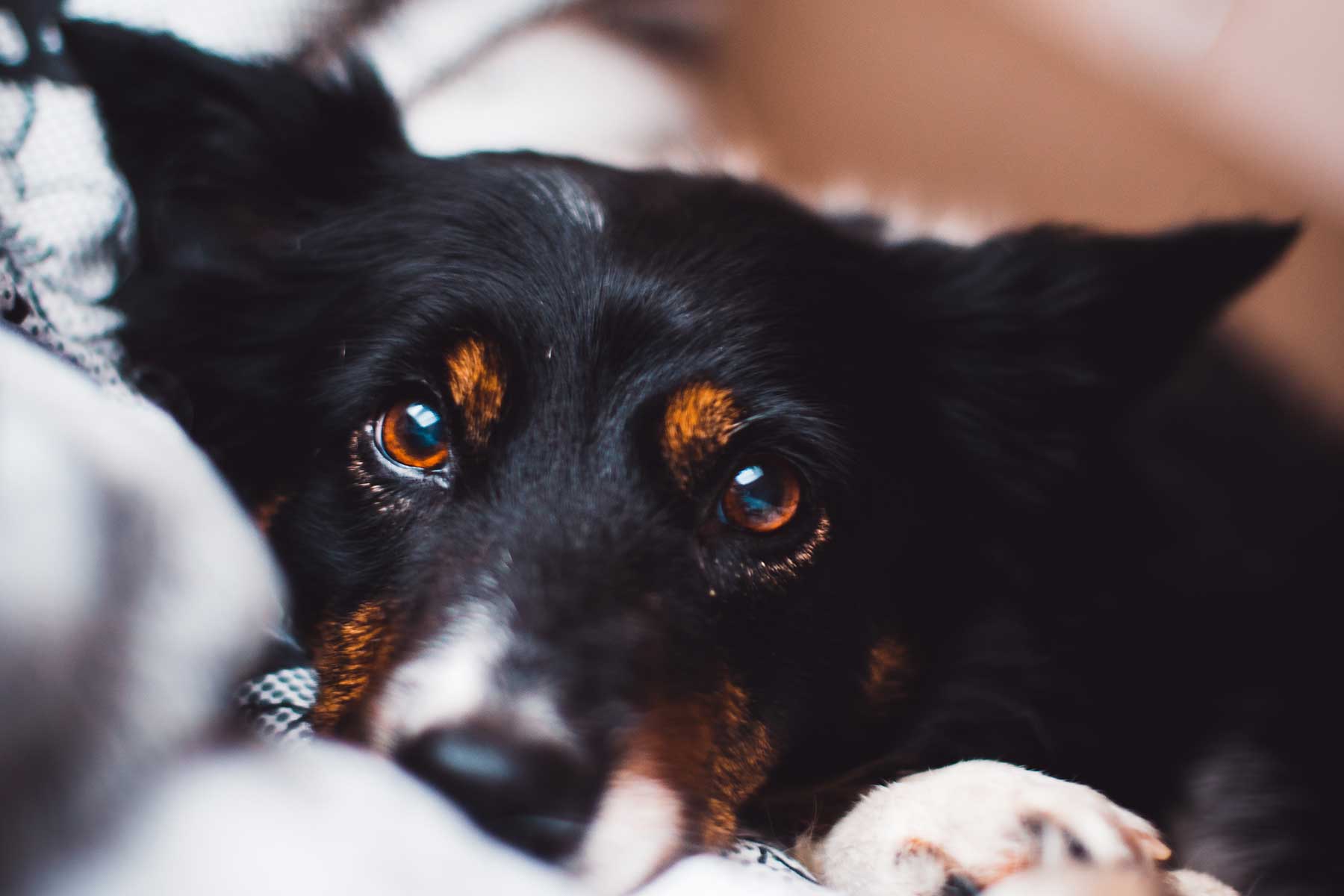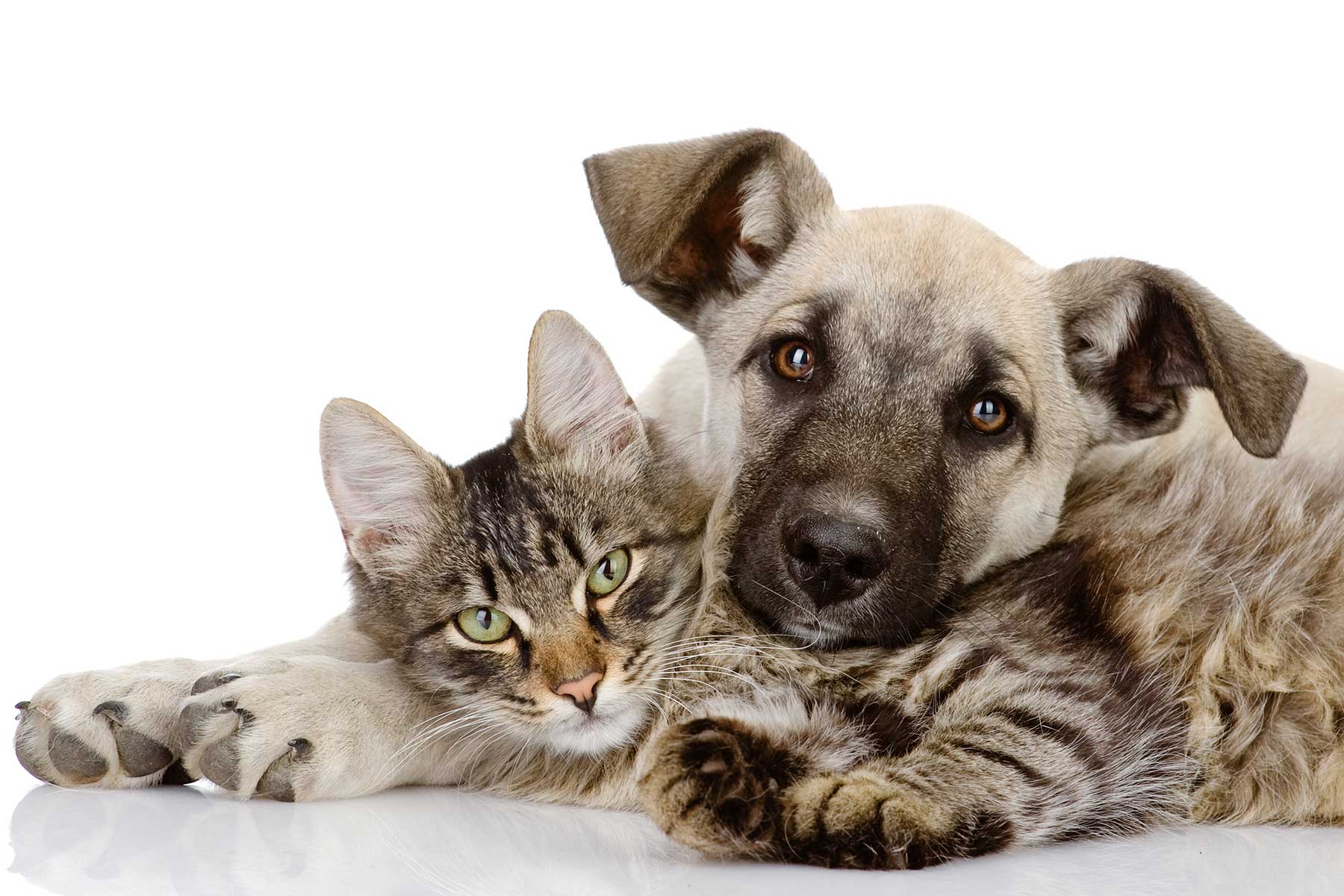The following video and page outlines the important aspects of your pet’s upcoming surgery or procedure. It includes things you need to think about prior to the day and what to expect on the day of your pet’s surgery or procedure. The AdelaideVet healthcare team are always pleased to answer any questions you may have so if you require further information, please do not hesitate to contact us.
We encourage you to watch our short video:
What do I need to think about before surgery day?
Up to date vaccinations
For the protection of our patients we strongly recommend that all pets in the hospital are fully up to date with their vaccinations.
A safer approach to your pet’s anaesthetic
Although we are using the best and safest techniques, drugs and equipment possible, any type of surgery (whether for animals or humans) poses some risks. These risks are often related to underlying medical conditions that may not be apparent externally. To decrease these potential risks we highly recommend pre-anaesthetic blood testing, particularly for pets eight years of age and more.
The panel of laboratory tests checks the function of your pet’s major organs, such as the ability of the liver and kidney to rid the body of drugs and medications. We are also able to identify abnormalities in blood cells which may affect the blood’s ability to carry oxygen, fight infection and prevent excessive bleeding during surgery. For more information on the types of blood tests we may run for your pet visit: Understanding your pet’s blood test
Microchipping
Is a safe way of identifying your pet for life should they become lost. Now is a great time to consider micro-chipping particularly if your pet’s visit is for routine desexing. Learn more about microchipping here
Bathing
Your pet will not be able to have a bath for at least 12-14 days after sterile surgery, therefore if your pet requires bathing we recommend that it be done prior to the day of surgery. Learn more about bathing and shampooing your dog here or your cat here
Dental Care
On admission to hospital, your pet will receive a thorough dental check up as part of our routine care. A dental check up may highlight the need for cleaning, polishing, tooth extraction – any of which may be addressed whilst your pet is anaesthetised. Our healthcare team professionals will discuss these options with you at the time of admission. Learn more about healthy teeth and gums here.
What do I need to think about the night before surgery?
The night before surgery your pet must be fasted at least 12 hours prior to admission for surgery or as indicated by your veterinarian. (Pocket pets being the exception, see below). For your pet’s safety and well being this is very important and we ask all family members to make an extra effort to ensure food is not available to your pet. Your pet may have access to drinking water up until the time of admission to hospital.
Arriving at the hospital
Surgical patients are admitted between 7.30am and 8.30am on weekdays unless there are special circumstances or you have an appointment with the veterinarian for your pet to be examined prior to admission.
When you first arrive at the hospital we will ask you to assist us in completing an admission form which includes contact phone numbers, as well as relevant information about your pet. If your pet has recently been ill, and we are not aware of it, we also request that you share this information with us. This is also a good time for you to ask any questions if you are not clear on any aspect of the procedure.
Depending on the type of surgery being undertaken you may also need to see one of our veterinarians to review and share information about your pet’s health.
Finally, you are welcome and encouraged to accompany our nurse to the hospital ward where your pet will be staying, to help settle him/her into their quarters.
What happens to my pet in the hospital?
Once your pet has been admitted to our ward, we will perform a health check up and administer a sedative. This will help your pet relax and will reduce the dose of anaesthetic drugs required. In due course, an anaesthetic agent will be administered and an attending veterinary nurse will monitor your pet’s vital signs right through to recovery.
Most day surgery patients will be ready for discharge around 4pm on the day of surgery. We will make an appointment at a convenient time for you to collect your pet however, you can call us at any time during the day for an update on your pet’s progress.
A veterinarian or veterinary nurse will explain how to take care of your pet at home, and provide you with written instructions on any care or revisits required.
Full payment is required at time of discharge.
Your role on the day of the operation
We are often asked whether or not an owner should stay at home to care for a pet after surgery. If you are considering making special plans to be with your pet, we suggest you take the day off after surgery rather than the day of surgery. Although, pets tend to make a very speedy recovery and this is often not necessary at all.
On surgery day, your pet will be with us for the entire day. Later in the afternoon or evening you will be required to take your pet home. Once at home they will require somewhere warm and comfortable to sleep off the anaesthetic. Over the following days you will need to check the surgical wound regularly to make sure it is clean and looks healthy.
Pre-surgery checklist
- Is your pet vaccinated?
- If you normally bathe your pet, will you need to do it in the next week or so? If so, bath now!
- Does your pet have a Microchip? If not, now is a great time.
- Have you considered pre-anaesthetic testing to reduce the risks of surgery?
- Remember – No food for your pet after midnight, they can have free access to water.
- Do you have a phone number we can contact you on the day of surgery? If not, who can we contact?
Special Note for Pocket Pets
Species such as rabbits and ferrets and other pocket pets have quite different requirements prior to surgery to our dogs and cats. Unless otherwise advised by your veterinarian please:
- Ferrets: fast for 4 hours prior to surgery
- Rabbits: do not fast prior to surgery. We recommend rabbit patients are admitted to hospital with food from home so they can feed prior to their anaesthetic and as soon as they are awake.

